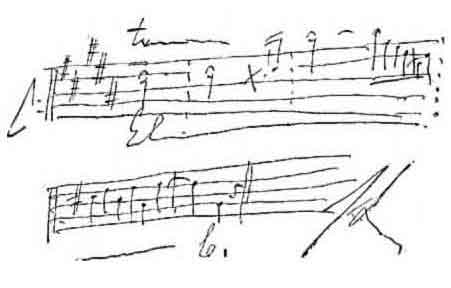The Talent scout: A protected species
Danger is not a word that you often hear when talking about talent, is it? How about cavalier? Thoughtless? You may not consider it an insult for someone to quip that it all comes to you so naturally, right? It sounds like such a lovely statement.
You were born with a gift, you are talented. I believe it in my heart; I feel it.

Microinequities is what they are. Words and phrases that sounds like compliments but in actuality, they are insults. By telling you that you are talented, a talent scout has not only gained a position of prominence by noticing, but they have discounted your hard work by claiming that this gift that they recognize already exists. All eyes are on…them.
Now, nobody would actually claim the title Talent Scout. The more you say it, the more absurd it seems–and for good reason. But it is common for students, parents, teachers, administrators, and others to claim to be able to identify it. They just know…something inside of them…they could see it.

And who are we to question them? If we challenge them, we are the bad guy, right? We are the ones claiming that a student has no talent! We are destroying hopes and dreams and ambitions!
Or are we? What’s in it for these diviners of talent? If the student believes them, they begin a course of…lessons, practice, and study. That makes sense, doesn’t it? If they are wrong? Nothing. There is no recourse, there is no sanction placed on the Talent Scout. They are, in fact, a protected species. They may even talk about the one who got away…the one who broke our hearts when they chose to follow other interests rather than their true calling. A moment of silence, please. Ahem.
I do not have intentions of defining talent per the dictionary. When we discuss it, we are not talking about aptitude, let’s be honest.
So, why is my Irish all up about this topic? It is our influence on students that we must keep in check. We should withhold judgments that place limits on students, we should withhold statements that narrow the scope of our students prematurely. We should encourage students to choose their interests and their paths and to work hard to achieve; help them to understand that it pays off. Students should be recognized for their time spent in study, practice, and determined exercise. When their persistence is discounted as a natural skill they may not even know that they were just insulted.
If, upon reading this, you are sure that this is an issue of nomenclature I have one question: Why use terms that have the potential to harm? If you mean aptitude, interest, skill, ability, etc. why not use those terms? Wouldn’t you rather be congratulated for your hard work? Discard the antiquated, inaccurate, limiting, and damaging terms.



